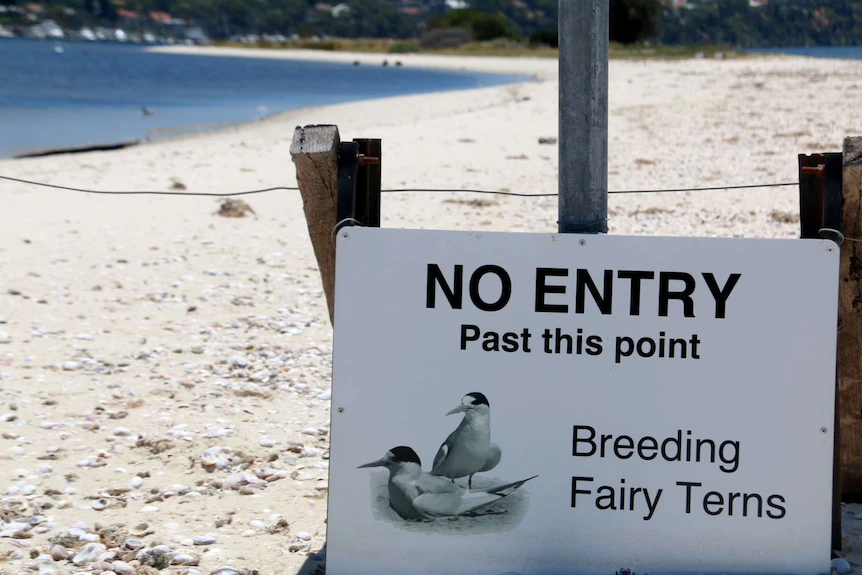Responsible pet ownership
Cats make wonderful pets. In fact, there are close to half a million pet cats in Western Australia. Being a responsible pet owner is about keeping your beloved pet happy and healthy, while also protecting our wonderful native wildlife.
Western Australia is lucky to have an abundance of native wildlife, including the numbat, golden-backed tree-rat and the banded hare-wallaby which can’t be found anywhere else in the world! Unfortunately, if given the chance, pet cats will prey on this wildlife. Collectively pet cats prey on around 300 million animals in Australia every year. While you may not see it (it is estimated pet cats bring home just 15% of their prey) all roaming cats will hunt. To find out more about what your cat may be getting up to while roaming, see what the Southwest group have found about roaming cats.
Through responsible pet ownership you can ensure both your pet and our native wildlife stay safe and healthy. A big part of responsible pet ownership is keeping your cat at home – all day, every day. Some owners may worry their cat will not be happy indoors, but cats can live rich and fulfilled lives at home, if given the right enrichment. There are several options for keeping your cat at home, including keeping your cat indoors, providing an outdoor enclosure or ‘catio’ and allowing access to a secure outdoor area with an escape proof fence. The RSPCA Australia information booklet ‘Keeping your cat safe and happy at home’ has some great advice on each of these options and other ways to enrich your cats life from the safety of your home.

- A longer, happier and healthier life for your pet: indoor cats can live up to four times longer than cats allowed to roam
- Reduce the chance of your pet cat getting sick through an infection from other cats or eating toxic plants or poison
- Reduce the risk of your cat being injured in a car accident, bitten by a snake or attacked by a dog or another cat.
- Reduce the risk that your cat will get lost or impounded by the council
- Save on vet bills and avoid fines from your cat being caught in a prohibited area
- Prevent your cat from harming other animals
- Spend more time with your cat at home
- Avoid problems with your neighbours
There are no downsides to being a responsible cat owner!
All pet cat owners should strive to be responsible pet owners
- Owners of pet cats must comply with the WA Cat Act 2011 (Cat Act) and any requirements such as cat-prohibited areas designated by local government.
Pet cat owners should ensure their cats are microchipped and their registration tag is worn on their collar, per requirements of the Cat Act. This will allow them to be clearly identified as domestic cats. Microchip and registration details should also be kept up to date, to ensure pets can easily be returned to the owners if lost.
The WA Cat Act requires all cats to be sterilised, microchipped and registered by six months of age.
- Under the Biodiversity Conservation Act, cats and other domestic animals are prohibited on conservation reserves and cats should be prevented from straying onto private or public land, especially in rural or remote areas.
- Many local councils also have relevant legislation that applies to cats, to encourage responsible pet ownership and reducing the number of unwanted cats. For example, the City of Fremantle have designated many public parks and reserves as Cat Prohibited Areas.
Mandurah, Western Australia was fortunate to be a nesting site for the vulnerable Fairy Tern. For several years the local government, Conservation Council and Peel Harvey Catchment Council (PHCC) worked together to protect the fairy tern and had set up a bird sanctuary in Mandurah to protect the important nesting site. Despite their best efforts, and to the despair of the community, a single male cat managed to drive off the entire colony during the 2019 nesting season. Over several nights the cat hunted over 50 adult and chick fairy terns. This lead to the breakdown of the colony and the entire colony abandoned the area. The community banded together to try to save the fairy terns, even holding an overnight stake out to scare the cat away. The cat was eventually caught, but not before the damage was done. This story highlights the huge impact even a single roaming cat can have on our wildlife. You can read more about the huge community effort to save the fairy tern in this article in the Atlantic and read about the changes being made to local laws as a result of this incident in this abc news article.
“Happy at Home” cat owner education program from the South West Group, with a great deal of useful information for cat owners
“Responsible Pet Pawrent Program” by SouthWest NRM
RSPCA recommendations on “Keeping your cat safe and happy at home.”
Responsible cat ownership in Australia factsheet from the NESP Threatened Species Hub
The management of cats by local governments in Australia: summary of national survey results, with outcomes and recommendations from the NESP Threatened Species Hub
Further Reading
Read more about responsible pet ownership in our Bibliography
Image credits on this page
Leighann Blackwood, Jessica Warriner



